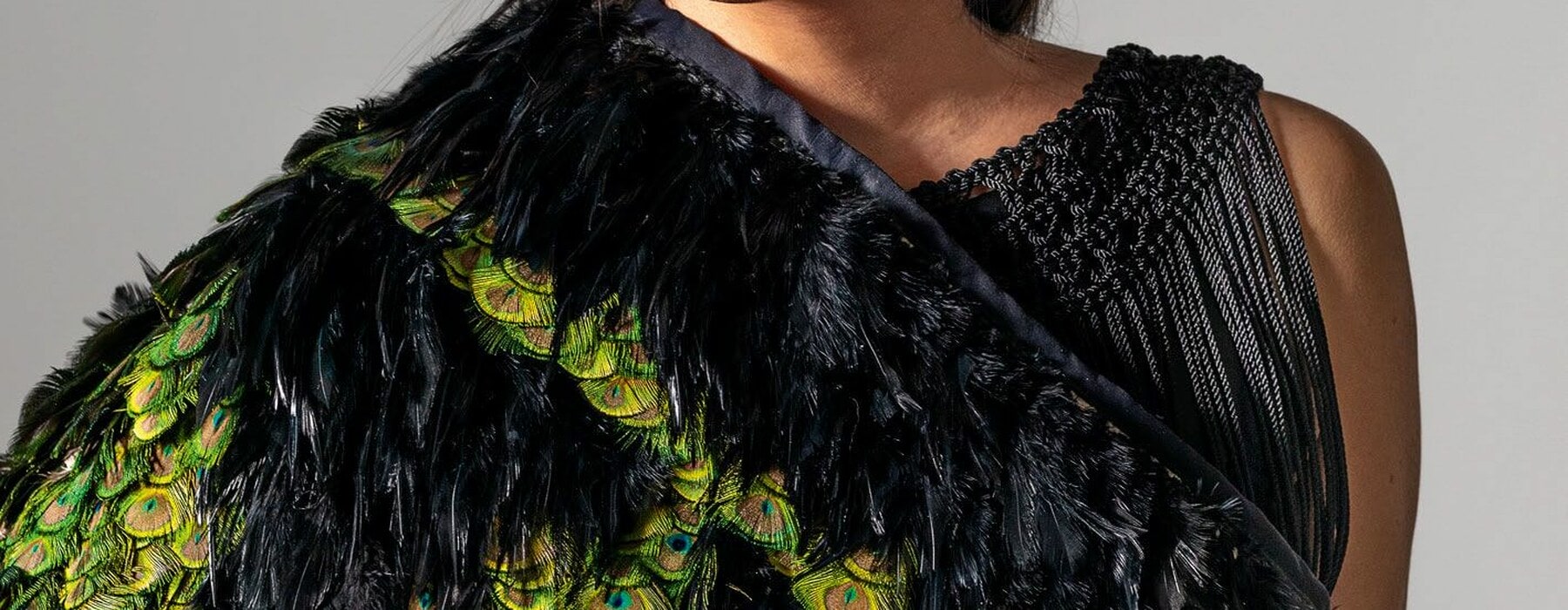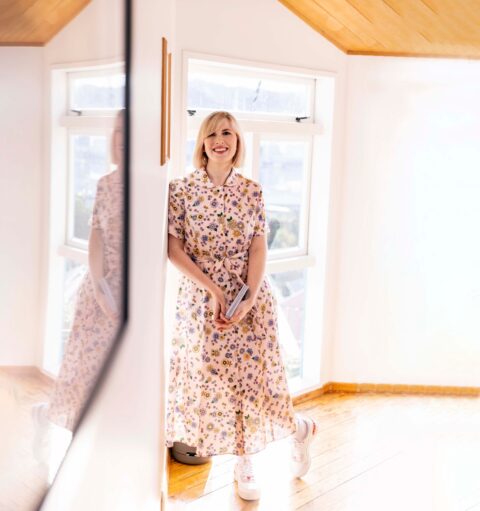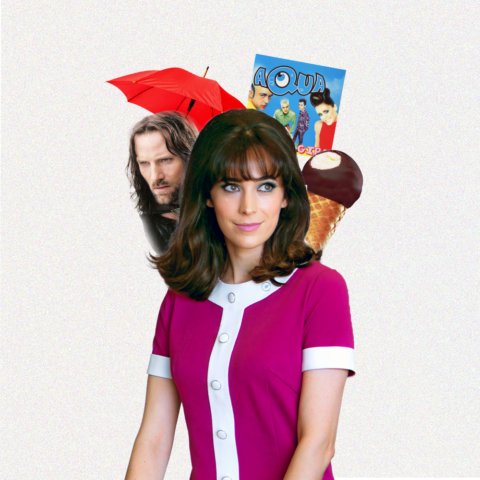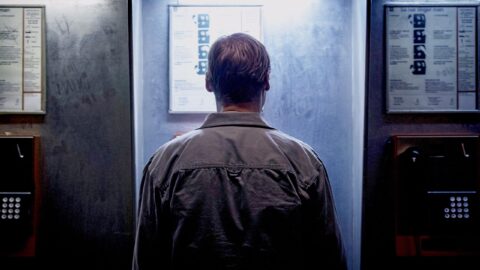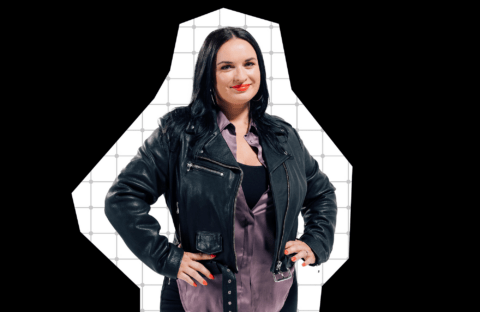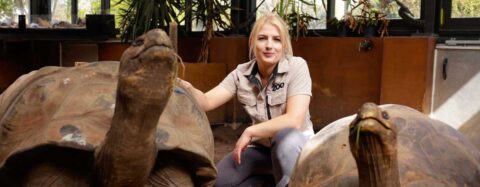Stacey Morrison shares on how to start the language lessons before the bell rings.
When I was growing up, I remember summer holidays feeling like they went on for months – but now, as a parent, I’m convinced they’re even longer than they used to be. Our kids, now at three different schools, are heading back the week before Waitangi Day, as in, February!
As we get back into school mode, I can already hear myself saying sentences I’ve now said thousands of times in my life:
Kua kai koe? (Have you eaten?)
Kua āka niho koe? (Have you brushed your teeth?)
Kua rite koe? (Are you ready?)
When you think about it, whatever language you’re speaking, parents tend to repeat the same statements day after day – often multiple times each morning – so why not use the blessed monotony of the school run to change up how you deliver those statements?
As those three sentences above show, you can say a lot with a few words. Your tone of voice will make all of those sentences a question but you could make them statements, and tell a small child: Kua kai koe, kua āka niho koe, kua rite koe! You’ve eaten, you’ve brushed your teeth, you’re ready! That’s a pretty good recycling of terms, which helps when you’re a busy parent.
If you have a child who needs help locating things they need for school, then you may find yourself asking these sorts of questions:
Kei hea ōu hū? (Where are your shoes?)
Kei hea tō pīkau? (Where is your backpack?)
Kei hea tō pouaka kai? (Where is your lunchbox?) As the parent, knower of all these things, you may want to make a slight change and present those things to your child, saying:
Anei ōu hū (Here are your shoes).
Anei tō pīkau (Here is your backpack).
Anei tō pouaka kai (Here is your lunchbox). As kids grow, the things we need to say to them change, and I find myself talking about kāri tereina (train cards) and a honae (wallet) now I have a teenager!
Bringing our kids up with te reo Māori as their first language meant my own vocabulary grew as they grew. I’d never needed to know the word for ladybird until my son asked me what one was.
I remember finding the word and telling him it was a mumutawa. He was not even two years old at the time but the next week when we saw another ladybird, I had forgotten the name already and said “Titiro! He mumu… mu… mu…” – only to have my sentence finished by my toddler “He mumutawa!” It’s hard not to be envious of the sponge-like brains our children have, but we can also use them as handy, walking reminders of words we’re struggling to remember as adults!
I also hope my kids remember some loving moments before school, not just the rush. Our daughter made up a saying that she said to us every day as we parted:
“Teitei ake i te rangi, hohonu ake i te moana, whānui ake i te ao tukupū taku aroha ki a koe.” (Higher than the sky, deeper than the ocean, wider than the universe, that is my love for you).
She says it less now she’s 12, so I treasure those moments.
Māori at Home is the book Scotty and I wrote to help whānau use Māori with their kids and it has lots of this sort of language in it.

